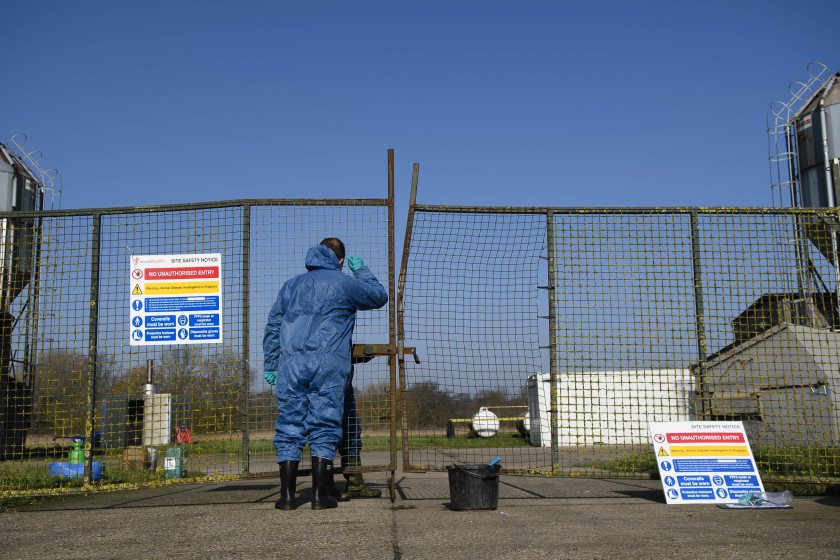
A new case of highly-pathogenic bird flu has been confirmed in captive birds in East Sussex, as the UK’s top scientists join forces to curb the country's worst ever outbreak of the virus.
Avian influenza of the H5N1 subtype was confirmed on Tuesday (21 June) at a premises near Guestling Green, Rother, East Sussex.
The latest discovery makes it England's 102nd case of the virus since the start of this year's avian influenza crisis, which began in late October 2021.
The disease was discovered in non-poultry captive birds, with all affected to be humanely culled, Defra said in an online update.
A 3km Protection Zone and 10km Surveillance Zone has also been enacted around the site.
It comes as a major research consortium convened this week to help combat this winter's outbreak of avian flu, which has been the largest and longest ever in the UK.
The outbreak started earlier than previous years after the virus continued to circulate in Europe over summer 2021.
The group is comprised of eight of the country's top scientific organisations, including the Royal Veterinary College (RVC), APHA, the Pirbright Institute and the Roslin Institute.
The consortium has been awarded £1.5 million of government funding to bolster research projects and develop new strategies to effectively tackle future outbreaks.
The UK’s chief veterinary officer Christine Middlemiss welcomed the new consortium: "[It] will allow us to combine our expertise at a national level to increase the speed and quality of our research, ensuring we can develop new strategies to aid our efforts against this insidious disease."
Concerns are also growing over the spread of avian influenza in wild birds, following reports of the disease causing the death of thousands of seabirds in Scotland alone.
Earlier this month, RSPB Scotland said the outbreak had had an 'unprecedented impact' on wild birds, causing the loss of a third of the Solway barnacle geese population.
